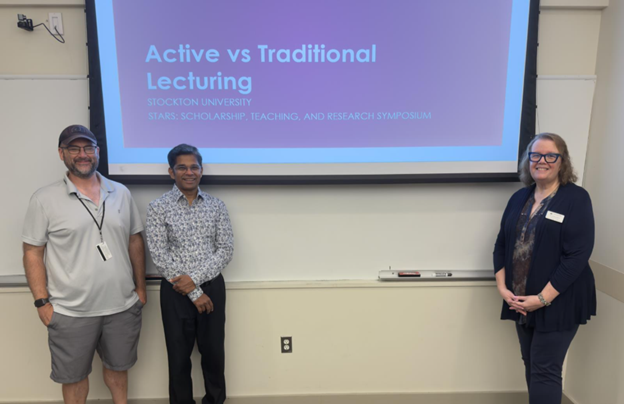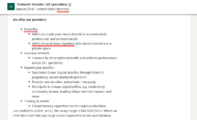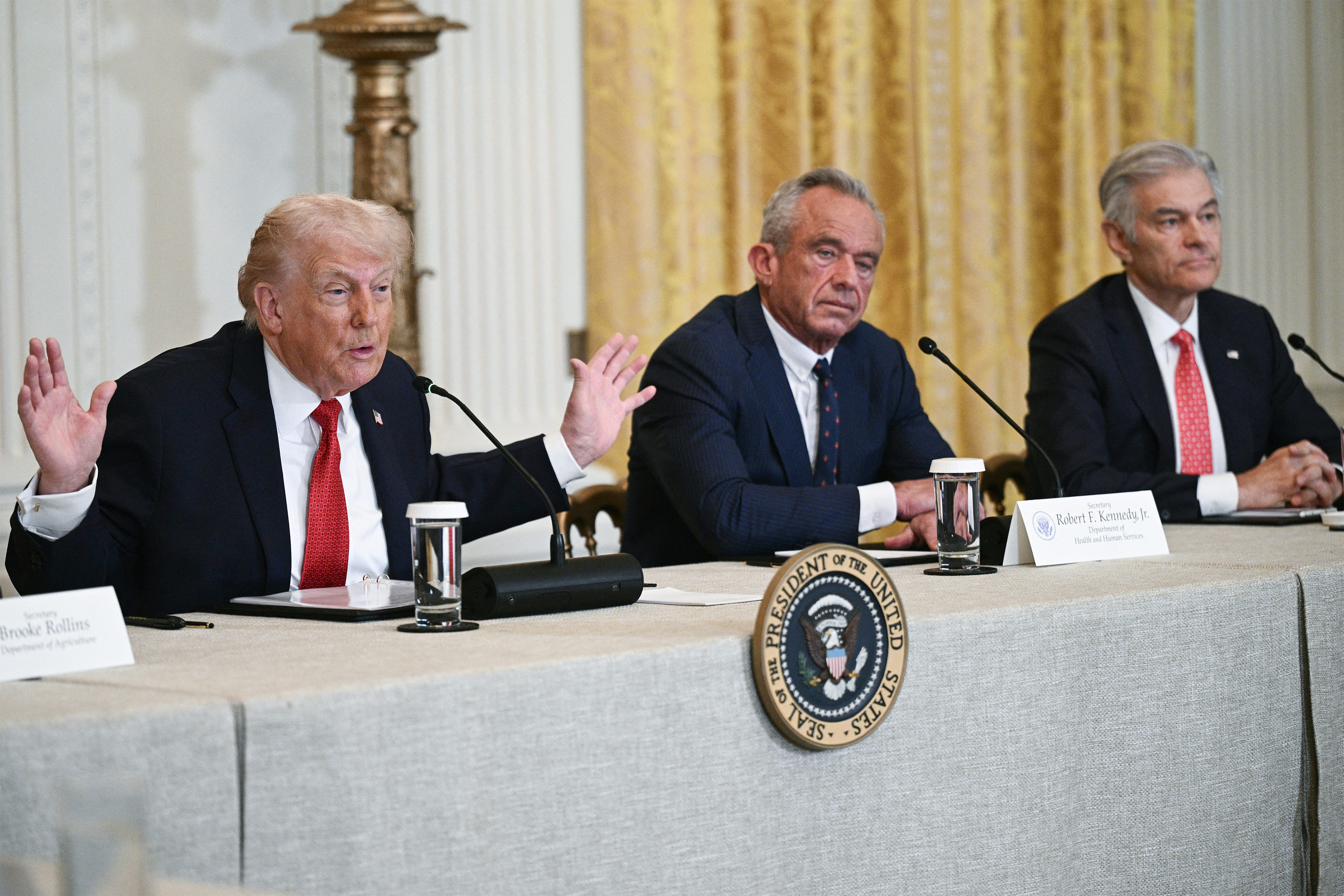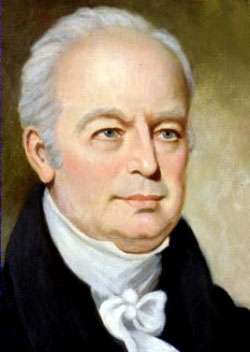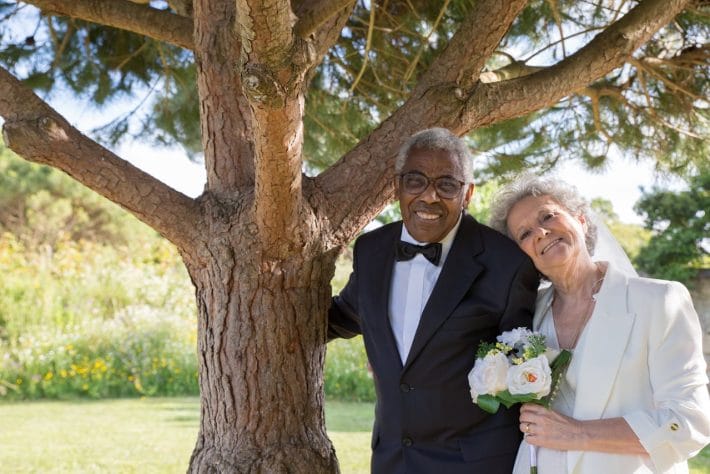Myssan Al Laysy Stouhi
For Myssan Al Laysy Stouhi, the path to a Ph.D. has been anything but conventional. Born and raised in Lebanon, she has witnessed firsthand the challenges that educators face when teaching becomes an act of resilience rather than routine. Now, as she prepares to graduate this December from Indiana University of Pennsylvania’s Composition and Applied Linguistics program, Stouhi is transforming her lived experience into groundbreaking research that amplifies the voices of teachers working in crisis contexts.
“I always had this interest because, I mean, I’m Lebanese at the end of the day,” Stouhi reflects. “Since I was born, I always lived and worked in a context, in a high conflict context. So, I wanted to do research that would bring more visibility and attention to what things are like for a teacher in Lebanon.”
Stouhi’s academic journey began at the American University of Beirut, where she earned both her bachelor’s and master’s degrees in linguistics. After teaching there for several years, she moved to the United Arab Emirates in 2014, spending a decade as a faculty member at the University of Sharjah in Dubai. It was during this time that she began envisioning a doctoral program that would allow her to continue working while pursuing advanced research.
“I needed a Ph.D. program that was low residency,” she explains. “I spoke to professors at IUP and found scholars there who work on teacher identity, teacher emotions, teacher psychology, and teaching in crisis contexts, which was always my interest.”
Her timing proved prescient. Between October 2019 and October 2023, Lebanon experienced what Stouhi describes as “probably the darkest period of time that Lebanon witnessed in its modern history.” The country endured a revolution against government corruption, a currency collapse that wiped out 90% of the Lebanese pound’s value, COVID-19 lockdowns, the devastating Beirut port explosion, war threats, and even earthquakes.
“It was unbelievably bad,” she recalls.
These concerns became the foundation for her dissertation: “English as an Additional Language (EAL) Teachers Navigate Lebanese Educational System as a Crisis Context: Challenges and Resources.” Through interviews, focus group discussions, autoethnographies, and field artifacts, she spoke with nine teachers to understand how they navigated professional and personal challenges during this unprecedented period.
“Students’ classes were suspended in Lebanon before the quarantine, because of the revolution,” she notes. “The students weren’t going regularly to school anyway. I wanted to see what their classrooms were like, what resources they were able to draw on, what resources were absent.”
Her research philosophy extends beyond documenting hardship.
“Lebanon is not the only crisis context on earth,” she emphasizes. “We live in a globe of crises. Every country is subject to crises, whether it’s a natural disaster, political thing, financial thing. My ultimate goal: what can the international academic community learn from Lebanese teachers about navigating teaching in a very high-conflict context?”
Dr. Gloria Park, her dissertation advisor, recognizes Stouhi’s unique contribution to the field.
“Myssan is one of the most resilient and strong doctoral students I have worked with in the past 17 years at Indiana University of Pennsylvania,” Park states. “Yes, the fact that she is in a Ph.D. program in the U.S. is a form of cultural and symbolic capital, yet her continuous teaching while matriculating in a Ph.D. program to send money to her family in Lebanon as well as help the needy teachers who teach in crisis context is a testament of her commitment and desire to give back to her home country.”
Stouhi’s non-traditional path through graduate school reflects broader changes in higher education. She participated in IUP’s summers-only high residency program, taking intensive coursework during eight-week summer sessions while maintaining her full-time teaching position. This model allowed her to balance family obligations with academic aspirations — a juggling act she began contemplating as early as 2003.
Looking ahead, Stouhi plans to join the academic job market while pursuing activist work supporting teachers in underrepresented contexts. She’s already connected with colleagues developing capacity-building programs for Middle Eastern educators and is considering additional training in AI skills and educational leadership.
Her message to prospective graduate students reflects the pragmatic optimism that has carried her through years of balancing crisis and opportunity. “If your dream is to get a Ph.D., then start a Ph.D. and see what it’s like, and then you can decide if this is for you or not. We make things a lot harder in our heads.”
As Stouhi prepares to defend her dissertation, she remains connected to her Lebanese roots, visiting family annually and maintaining her commitment to educational justice. Through her research, she is working to ensure that the voices of Lebanese teachers — and by extension, educators facing crises globally — will not be forgotten but celebrated as examples of professional courage in the face of unprecedented challenges.





